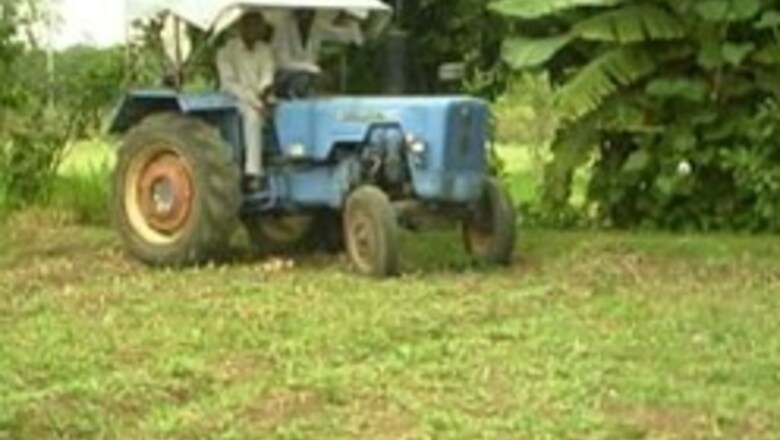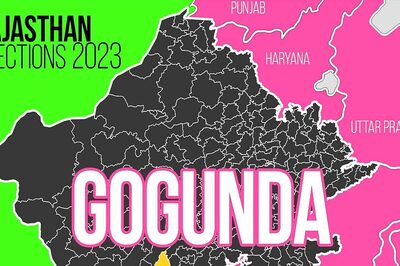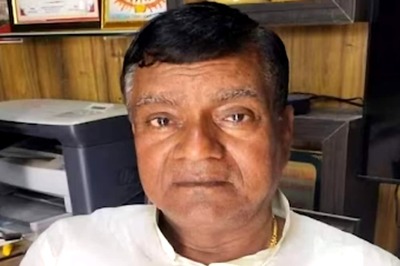
views
Kolkata: Almost 11 years since the WTO regime came into force, its impact on the Indian farmers and handloom workers is being discussed among the ill-informed stakeholders, thanks to an NGO.
The NGO Consumer Unity & Trust Society (CUTS) has taken the issues of globalisation, economic reforms and the impact of WTO to the farmers and other affected people through workshops to help bring about awareness.
For farmers and rural artisans such issues sound hollow, as they neither have the guidance nor the resources to understand them.
Organised as part of the CUTS project titled 'Grassroots Reachout And Networking in India on Trade & Economics' (GRANITE), with the support of the Norwegian Agency for Development Cooperation and Novib (Oxfam, Netherlands), the initiative has been undertaken in eight Indian states.
"The objective of the project is to undertake capacity building of Indian civil society organisations, key government officials, media representatives and grassroots functionaries through information dissemination, and build a network of networks so that the stakeholders identified can comprehend the issues of globalisation and the WTO better and also apply the learning to their respective fields of activities," Debottam Chakraborty of CUTS told IANS.
The workshops are attracting farmers, artisans as well as people from the administration.
A recent state level workshop in the north Bengal town of Siliguri, participated by Siliguri Municipal Corp Consumer Welfare Organisation, saw good response from every section.
Moni Thapa, head of the Siliguri Mahakuma Parishad, expressed serious concern about the impact of globalisation and WTO on the life and livelihood of the common man.
"The impact would be grave for our farmers and small producers in agriculture, textile and other sectors. There is an urgent need for awareness on its impact," she said.
Sarthak Berma, additional director of agriculture, North Bengal region, highlighted the issues of quality of produce and marketing of the products of small growers and manufacturers.
Drawing particular reference to sunflower and other oil seeds in North Bengal, he underlined the inadequacy of marketing opportunities.
Manas Dasgupta, retired professor of the Department of Economics, North Bengal University, explained to farmers the "structural changes" ushered by the WTO in India.
Expressing concern over the machination and manipulation of the provisions of WTO by the developed countries, especially the US, he said globalisation has bypassed many important areas and hence the terms of trade of agriculture has been deteriorating and jobless growth is proliferating.
He said the negative impact could be felt by large-scale migration in North Bengal and a growing tendency towards contract farming.
CUTS is focusing on agriculture and textiles, with particular emphasis on handlooms.
According to Debottam Chakraborty of CUTS, the NGO has suggested some remedial measures to face the challenges, including greater awareness generation and empowerment of the small, marginal and the vulnerable sections of the people in the rapidly changing times.
Participants at the workshops form different groups to discuss in detail the different issues confronting the stakeholders in the fields of production and marketing of agriculture and textiles.




















Comments
0 comment